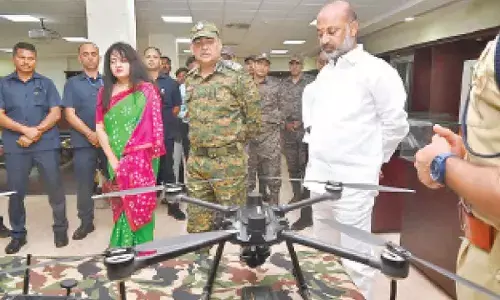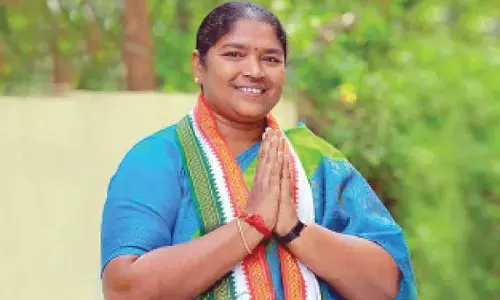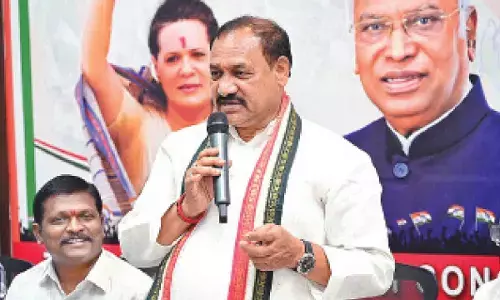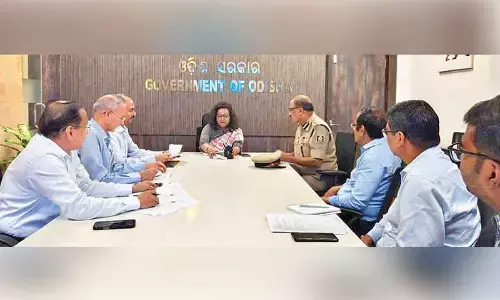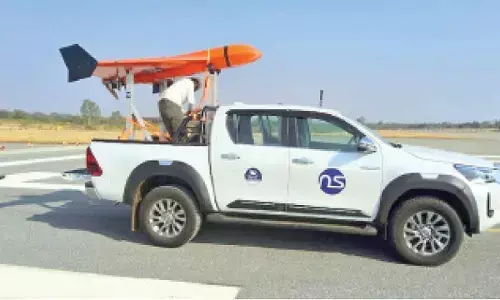Indian Prime Minister's successful visit to Europe
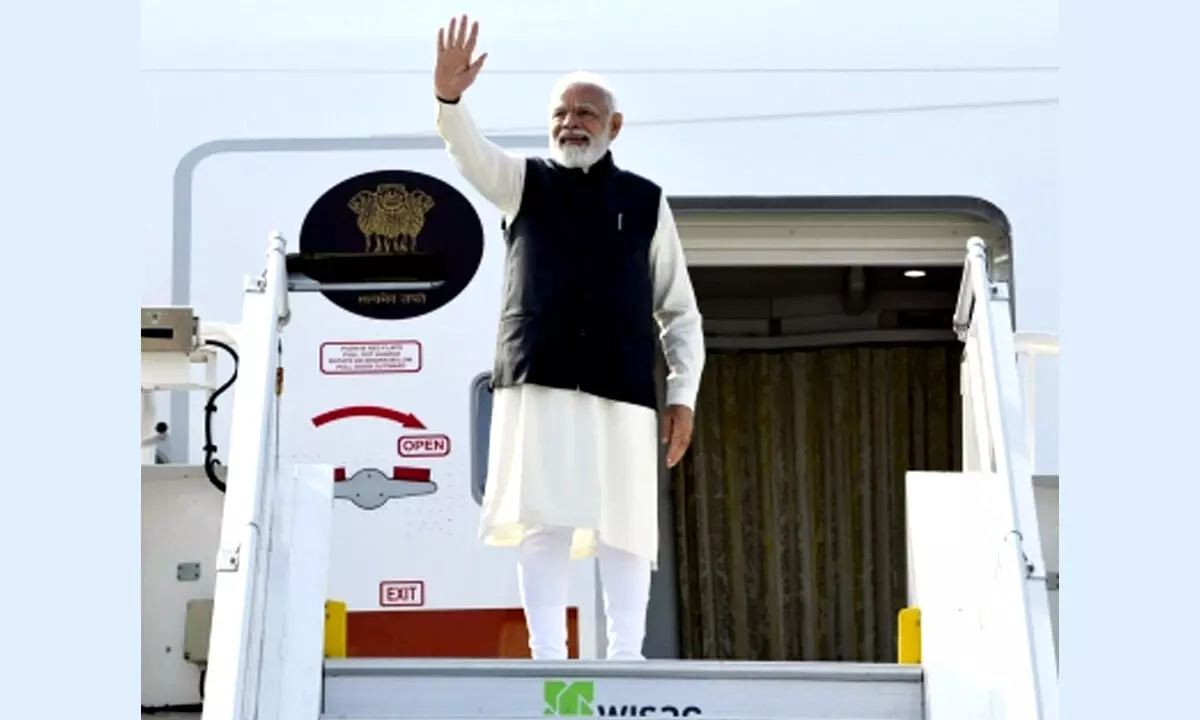
Prime Minister of India Narendra Modi (Photo/IANS)
It is no surprise that the Prime Minister of India Narendra Modi got a warm reception in all the European countries he visited during May 2-4 on official invitations.
New Delhi: It is no surprise that the Prime Minister of India Narendra Modi got a warm reception in all the European countries he visited during May 2-4 on official invitations. The visit came at a geopolitically turbulent time with an offer from all the three countries Germany, France and Denmark to collaborate on important global and bilateral issues ranging from economy and technology to sustainable development and peace. During the visit, the Indian Prime Minister had close engagement and dialogue with the leaders of these three European countries and other Nordic countries, viz., Sweden, Norway, Finland and Iceland.
The Indian Prime Minister's Europe visit came close on the heels of the recent India visits of many European leaders including Ursula von der Leyen, President of the European Commission and British Prime Minister Boris Johnson, apart from the foreign ministers of some countries. During Narendra Modi's reign, India has become a far more attractive market for trade and investment with consistent commitment to economic reforms, globalisation and mutual cooperation. This has elicited increased interest of the European leaders in India for both -- enhancing economic ties and strategic partnerships, the latter because of India's proven credential as the largest democratic and pacifist country.
The unprecedented and overwhelming reception of the Prime Minister of India in all the three countries indicates a rise in the stature of the country in geo-economics and geopolitics apart from intensifying trust and ties. The Indian community throughout Europe has grown in recent years, especially the number of Indian students in Germany, France and Denmark. The expansion of Indian diaspora in these countries is not only a re-assurance of growing ties in future but also that the diaspora would act as a bridge between Europe and India to further cooperation and collaboration in all the spheres of economic development and strategic cooperation. In all the three countries Germany, France and Denmark, the popular Prime Minister of India got massive response from the diaspora including women and children and friendly gestures from leaders.
While in Germany, the first leg of his Europe visit, the Prime Minister participated in the Sixth Inter-Governmental Consultations and had close interaction with new Chancellor of Germany Olaf Scholz. The new regime in Germany is in the process of redefining its foreign policy and engagement amid changing geo-political scenario, most remarkably, a shift from pursuing only its mercantile interests in Asia with China remaining a core market to strategic collaboration with other countries like Japan and India, besides diversifying its export market. The Joint Declaration of Intent (JDI) on Green and Sustainable Development Partnership between India and Germany is also a great futuristic outcome of the visit, having the potential to make industrial development carbon neutral by promotion of green technology and energy.
The same theme of sustainable development, renewable energy and environment remained the main focus of the Prime Minister of India while interacting with the Danish leaders. The interactions were very fruitful and remained particularly focussed on the three "Ts" - trade, technology and talent. The deliberations also covered cooperation in agriculture, food processing, smart urban development and shipping, apart from human resources.
Of late, the demand for human resources in Denmark from India has increased. One of the significant achievements of the Indian Prime Minister in Denmark was to highlight in the second Nordic Summit India's interest and stake in sustainable development in the Arctic region. India is only the second country after the US to partner the Nordic countries in this mechanism.
In France, the last leg of his visit, the Prime Minister of India, who enjoys a great personal rapport with President Emanuel Macron, successfully solicited more cooperation in the defence sector, especially under the vision of Atmanirbhar Bharat. The Atmanirbhar Bharat (Self Reliant India) is a programme of Government of India to locally produce all those items for which it has capacity and resources rather than importing them from other countries. The progamme also aims to take Indian brands to the global supply chains. The Prime Minister also succeeded in making a point with the French President to work together in the third countries, particularly in Asia and Africa, apart from urging French support for a permanent seat in the UN Security Council for India.
Overall, Indian Prime Minister's Europe visit re-confirmed India's rising stature in geopolitics and geo-economics and opened up new vistas of cooperation. If the forthcoming and welcoming gesture of the European leaders is any indication, Europe-India ties are looking up to new heights. Thanks to the assiduous efforts of the Prime Minister of India to reclaim India's deserved place in the bilateral and global affairs.




